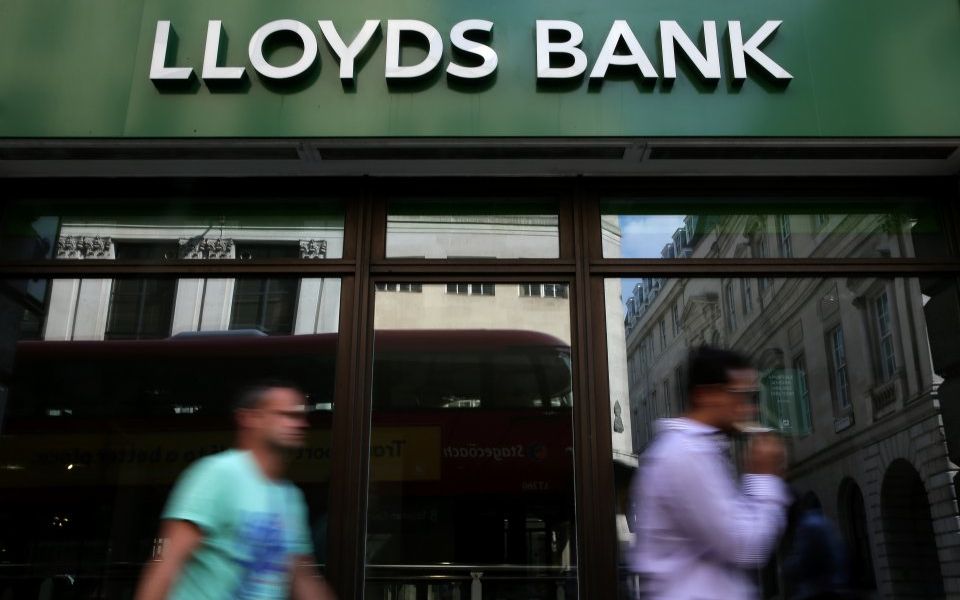Watchdog slaps Lloyds with legal demands over PPI failures

The UK’s competition watchdog has handed Lloyds legal directions after the lender failed to meet its obligations around managing accounts with payment protection insurance (PPI), the policy at the centre of a huge mis-selling scandal.
The Competition and Markets Authority (CMA) has called on the lender to “put effective systems and procedures in place” after it made multiple breaches of a 2011 market order by the watchdog.
Lloyds failed to send customers statutory reviews into its PPI operations, and provided incorrect information about the scheme to its customers. The CMA’s legal directions force Lloyds to comply with the 2011 market order.
Read more: Barclays apologises for giving customers wrong PPI information
Adam Land, the CMA’s senior director of remedies, said: “We are disappointed that Lloyds has again failed to provide these important reminders or provide accurate data to its customers.”
Lloyds, which breached the policy six times in 2016, has begun issuing apology letters to its customers.
A Lloyds spokesperson said: “We are writing to a small number of credit card customers whom we identified as having not received their annual PPI statements. Whilst we have resolved the cause of the issue, we are extremely sorry for any inconvenience caused. We will be contacting all affected customers.”
The CMA issued similar guidance to lender Barclays in August after it twice failed to send annual reminders to PPI customers.
Read more: Lloyds Bank reportedly plans to set up insurance subsidiary in Luxembourg
PPI exploded as a major financial scandal at the beginning of the decade, after regulators ruled that millions of customers had been mis-sold the policies, which were designed to repay borrowings for people if their income fell because of illness or job loss.
It was ruled that consumers who had been mis-sold PPI could reclaim their costs, triggering a huge number of reimbursements. Banks and building societies have paid or put aside £46.5bn to pay for expected costs from the scandal.